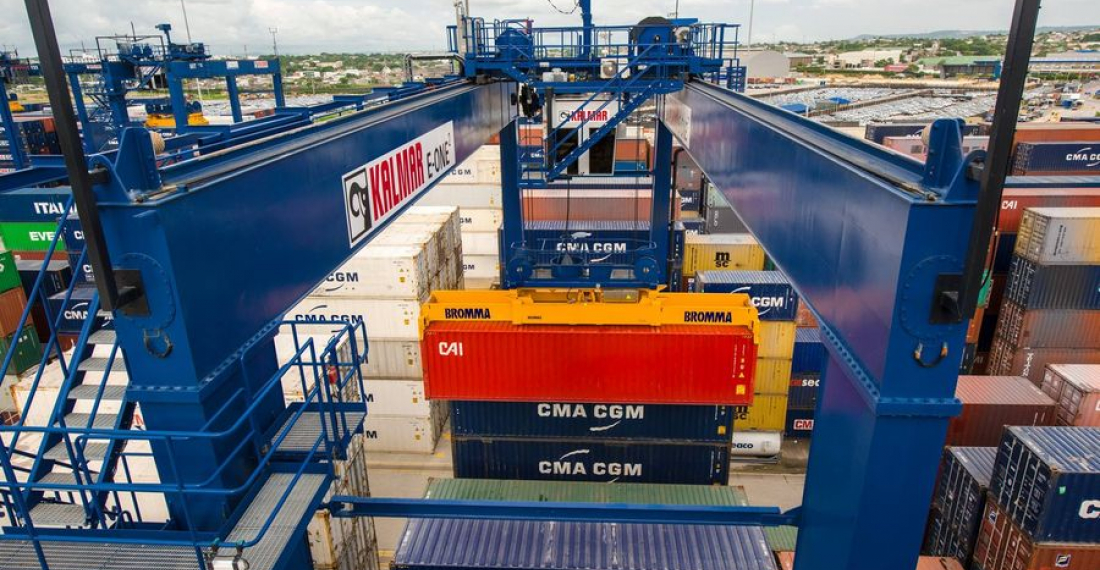Egypt will implement a comprehensive plan in which its ports will be upgraded. The country plans to become a logistics hub in the MENA region with the aim of promoting its position in international trade. The new plan, expected to be completed by 2024, involves 58 projects for upgrading Egyptian ports at an estimated cost of 63 billion Egyptian pounds (around 4 billion US dollars).
Egypt has many ports across both its Red Sea and Mediterranean coasts. The plan includes building berths, trading yards, new wharves, commercial and logistical areas, dredging shipping lanes and port docks, and linking them to the rail networks.
"The plan aims to boost the competitiveness of Egypt's ports, create added value, lure investments, and activate the flow of importation and exportation," said Mona Sobhy, professor of economic geography and transportation with the Al-Azhar University in Cairo.
"Egypt is working on digital transformation of the operation of ports, linking seaports, dry and internal ports, consumption centers and manufacturing areas through road and rail networks, which would facilitate the movement of transport and distribution of exports and imports," Sobhy added.
One of the main areas of focus for the Egyptian government is to develop Ain al-Sokhna, a port city and a tourist hub 120 kilometres west of Cairo. President Abdel Fattah al-Sisi has also instructed to prepare a study for reviving the al-Max area on the outskirts of Alexandria.






